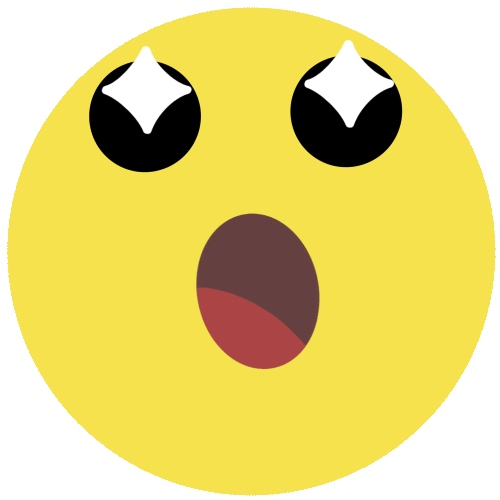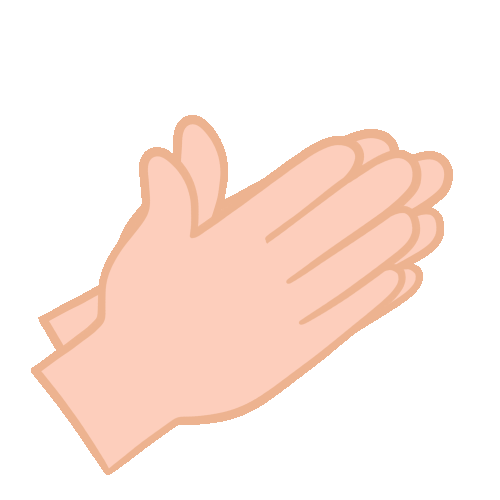When did Germany become a country?
Germany, officially known as the Federal Republic of Germany, is a country in Central Europe. It is Europe's second-most populated country, after Russia. It is the European Union's most populous member state and seventh-largest country by area, with nine countries sharing its borders. The Baltic and North Seas are to the north, and the Alps are to the south. The nation's capital and largest city are Berlin. Its financial center is in Frankfurt. How and when Germany became the country is a fascinating story. Here we talk about when did Germany become a country?
When did Germany become a country?
The term "Germany" uses in three different ways to describe the country. On February 2nd, 962 AD, Germany was known as a country for the first time. January 18th, 1871, is the second date, which marks the unification of Germany. Finally, on October 3rd, 1990, East and West Germany merged to become the current Federal Republic of Germany.
History of Germany
Germany was established on February 2nd, 962 AD. It got its first name from Julius Caesar, the Roman Emperor, who termed the lands east of the Rhine River Germania because he hadn't conquered those yet. In the 10th century, the German tribes migrated to construct the Central Part of the Holy Roman Empire.
Germany rose from a collection of minor states, principalities, and dukedoms to become a unified empire in 1871, becoming one of Europe's and the industrial world's great powers. The German empire was situated between France and Russia, and as it strove to expand its borders, it has several clashes with both countries. This war culminated in Germany's loss in World War I. Germany resurfaced as a significant force in Europe in the 1930s under the Dictator Adolf Hitler's leadership, and German aggression triggered World War II.
Germany's second loss in the World War 2, brought its expansionist period to an end. And Germany separated into two countries: West Germany and East Germany. The two Germanys' influence in European and international affairs had substantially diminished, although West Germany remained a powerful economic force.
East Germany had a communist administration, while West Germany had a democracy. The borders that separated East and West Germany remained closed until late 1989 when pro-democracy movements in eastern Europe effectively challenged communism. The Berlin Wall—a gigantic fortification created in the Cold War climate of 1961 to split Germany's most important city between West and East Germany—had been the ultimate emblem of the East-West conflict. On November 9, 1989, the East German leadership faced severe pressure to political reform. Lastly, the wall was torn and families on both sides reunited.
The two republics signed a contract for German unification in the following year. It took effect on October 3, 1990. Berlin became the united capital of a reunified Germany became Berlin.
Since then, Germany’s democracy is intact and thriving. However, the difficulties and expenses of uniting the two Germanys was a big issue. Soon after Germany's reunification, the chancellor assisted in the negotiations that led to the formation of the European Union (EU). Germany remains a member of the European Union. Germany is the largest populous country and the most powerful economy. Germany has continued to deepen its connection with the rest of Europe.
#germany #deutschland #berlin #photography #france #travel #europe #italy #photooftheday # #hamburg

1
- Report this post
 Yoors
Premium
Yoors
Premium















